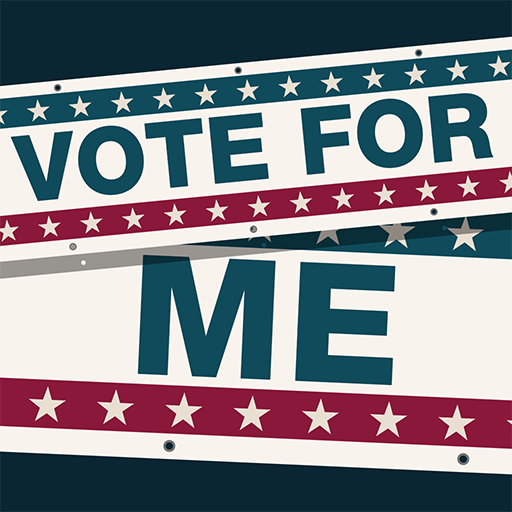
“YOU should run for office.”
This is usually what some concerned citizens would tell other concerned citizens who have strong opinions about how their government is run, and the problems it’s supposed to “solve” but won’t or can’t. As if a deeply held belief is all that it takes to succeed as an elected official. Governance as a speech or essay-writing competition. The winner ought to be governor.
Well, we say, s/he must also have a good heart, is principled, incorruptible and educated. In other words, s/he should be like the many other politicians that voters in the CNMI and other democracies around the world have been electing through all these many years — as anyone who cares to read the campaign bios and pledges of candidates in past elections would realize.
Many of us also believe that government is a machine, which requires able operators who consult and listen to experts, and whose primary task is to maintain it regularly and upgrade it from time to time. Many of us assume that elected officials are — to paraphrase what President Truman supposedly once said — like generals barking out orders that will be carried out right away. In reality, they’re “going to sit in that big office and…give an order and not a damn thing is going to happen.”
The reformists, the do-gooders, the pure-of-heart, the highly intelligent are elected into office and immediately propose legislation and policies that would supposedly “address” long-standing problems. Measures are enacted into law, policies are implemented and soon, the same elected officials are being criticized for either not doing enough or doing nothing or making it worse.
This is usually the case when the economy is down. Since the establishment of the Commonwealth government in 1978, the NMI has enjoyed a vibrant economy for a few years only: from the late 1980s to 1997, and from 2012 to 2017. The main cause of many of the problems voters complain about is the consequence of a bad economy: declining government revenue, resulting in austerity measures and/or tax/fee hikes, which is the story of the CNMI every time its economy sputters.
Government work-hour cuts. Freeze hiring. No pay raises. Job losses. Reduced budgets. Retirees worried about their 25% benefit and health insurance. Government employees anxious about their salaries and/or their jobs. CHCC complaining about the lack of subsidies from the government that has saddled the hospital with unfunded mandates. CUC grumbling about unpaid government utility bills. Government vendors twisting in the wind. Businesses downsizing their operations, cutting work hours, laying off employees while figuring out how to pay the higher taxes/fees that the government wants to impose on them. Meanwhile, those who can are voting with their feet and leaving the islands, further shrinking the CNMI’s consumer and tax bases.
What exactly can elected officials do to stop or reverse these adverse conditions? What legislation or policy can, once implemented, immediately boost tourist arrivals, bring in new legitimate investors, create new and good paying jobs, and provide the government the funding it needs to pay for all its obligations?
Truth be told, the economy grew rapidly in the late 1980s to the mid-1990s, and again in 2012-2017 not because voters elected the “right candidates,” but because of favorable global factors that were beyond the CNMI’s control.
As for voters, have you really listened to what many of them want their elected officials to accomplish ASAP? They want good paying government jobs, job security, regular pay raises, low premiums and/or deductibles for their health insurance. They want low-cost but reliable utility services. They want more paved roads. They want free education and training programs. They want a first-class hospital that provides low-cost or free services, including medical referrals. The list goes on, and on. And they don’t want to pay higher taxes. (Who does?)
In a democracy, many voters demand too much, and so politicians, to win an election, end up overpromising. Politics, it seems, is for those who underestimate the extent and the nature of the problems they vow to address while overestimating their ability to solve them. Not surprisingly, politics is also an undertaking in which pandering and grandstanding are the primary tools of the trade. The usual end result — especially if the economy is down — is deep dissatisfaction with elected officials and other politicians who, in turn, will have to promise even more to get elected or re-elected. Voters, many of whom have neither the time nor inclination to study history, will elect new politicians with recycled campaign pledges. And so it goes.
In the CNMI, the smart elected officials can be seen out there in the villages, performing community work or hosting/attending community events, the press releases and photos of which can be sent to the media and posted on social media. They will support feel-good bills that don’t step on a lot of toes, if at all. They will mingle and interact with their constituents as much as possible. They will buy or sell community fundraising tickets and make other donations. They will intercede on their constituents’ behalf and perform other errands for them. They will say and do the right (that is, popular) things, and be all they can be to their constituents. They will “listen” to, and not argue, with voters.
If they’re good at all that then maybe they can win again in November regardless of the state of the economy.
Send feedback to editor@mvariety.com











